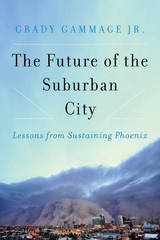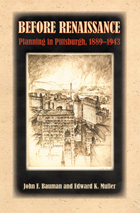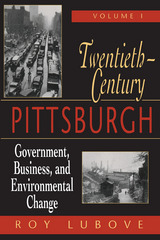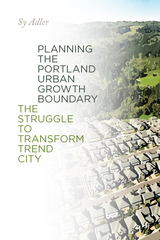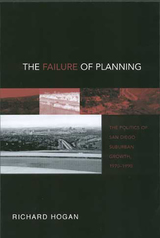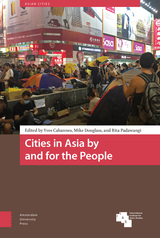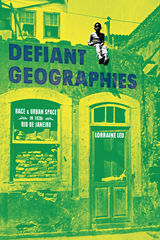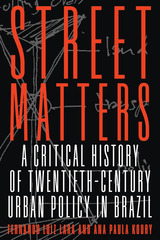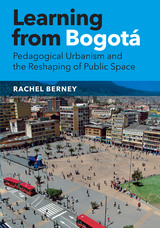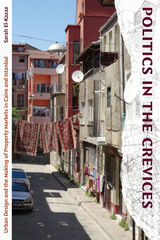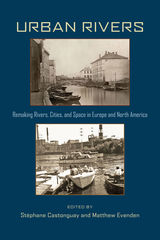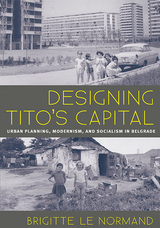Paper: 978-0-674-00256-2
Library of Congress Classification HT169.C5C45 2002
Dewey Decimal Classification 307.12160983
Megacities such as Santiago are becoming a worldwide phenomenon. In six of eleven South American countries, over 25 percent of the population lives in a single city. What policies should national governments adopt with regard to dominant metropolises? Is it appropriate to restrict the flow of population to big cities? Or should governments take a laissez-faire attitude and permit city growth?
Focusing on Chile, this book argues that appropriate government action lies between these extremes. The authors espouse spatial policies that mitigate the social costs of congestion and pollution but also ensure that migrants pay the social costs of moving to big cities.
See other books on: Chile | Glaeser, Edward L. | Meyer, John R. | Urban Development | Urbanization
See other titles from Harvard University Press

